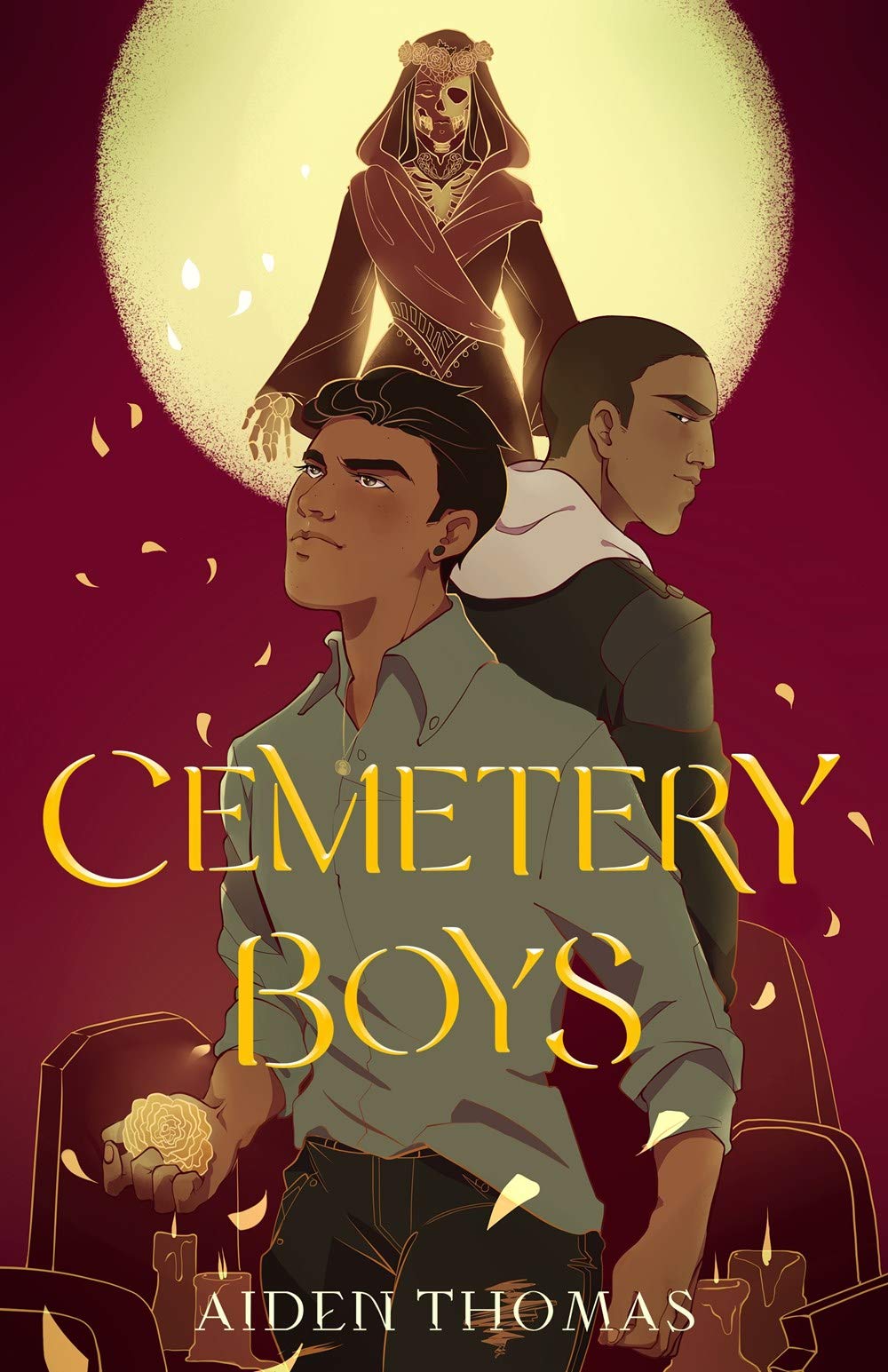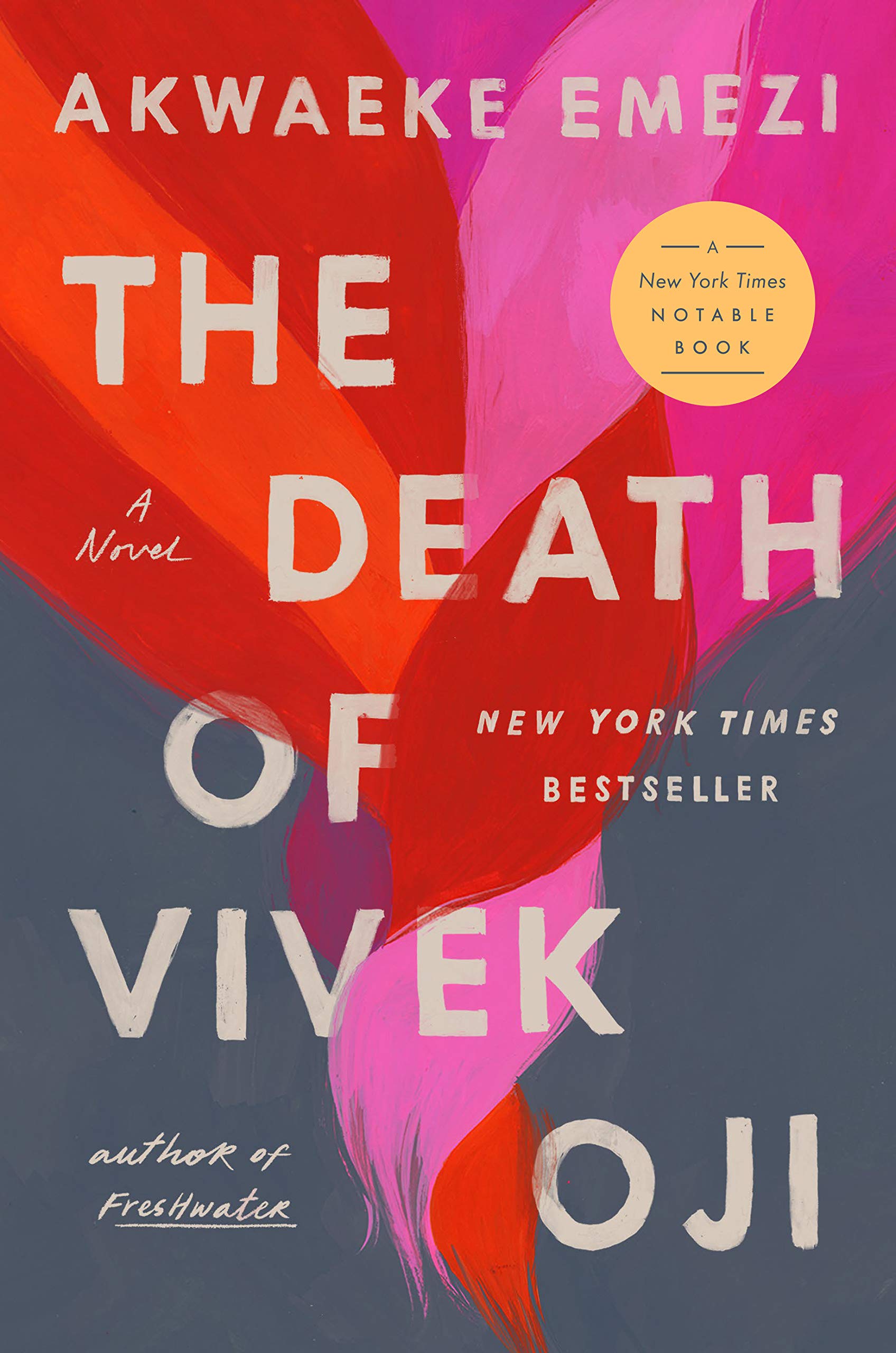⋆⋆⋆⋆
Content Warning: death (including that of a child), murder, violence, racism, slavery, misogynoir, torture, sexual assault, rape, mental, physical and verbal abuse,
Based off the real life Mary Lumpkin, this story follows Pheby Brown, an enslaved woman who is promised freedom upon her eighteen birthday. When Pheby stands up to the so-called "lady of the house," however, it ends in disaster: she is sent to the notoriously horrifying Devil's Half Acre, a jail for the enslaved. In a desperate bid for safety and protection, Pheby will be forced into becoming the "mistress" of the brutal, frightening jail owner, and continue her fight for freedom.
Pheby Brown is a force to be reckoned with. Told from her first-person perspective, Yellow Wife is a heart-wrenching, powerful tale of one woman's fight against the brutal, horrifying slave system, and the sacrifice she makes to save not only her own life, but the lives of her children. This is the fourth book (totally by accident) I've read this year that tackles the terrifying, disgusting history of slavery, and like all of the others I picked up, this book neither shies away from its horrible legacy, nor exploits the suffering of these poor people trying only to survive.
What I enjoyed most about this book was, of course, its heroine, and the complex issues discussed here. After reading this, I took the time to do a bit of research into the woman who inspired Pheby's character. Much has been speculated about Mary Lumpkin's "affair" (a word used by others that softens what was a relationship of sexual slavery) with the proprietor of the jail -- was it coerced? An attempt by Mary to prevent her children from having a future like hers? There's a third option that people throw out: perhaps it was love. But just as Johnson makes clear, there is no such thing as a "relationship" between an enslaved person and their owner. Because Pheby (and by extension, her real-life counterpart, Mary) is enslaved, the choice is never, and can never, be hers.
Pheby is constantly forced to make decisions that are split-second, and have the potential to endanger not only her, but her children as well -- a reality that so many enslaved women had to live with. Would a certain interaction with a white person lead to punishment? Would her children be taken away from her? Should they make an attempt to escape North, or was it somehow better in this twisted world to remain where they were? I recommend this book to people, particularly other white people, who have little knowledge of what exactly slavery was like or constituted. As long as we remain ignorant about its horrors and its realities, white people will continue to misunderstand it and the fact that its ripples are still here with us today.
Another aspect that I must mention is how Johnson doesn't ignore that white women played a very large part in the agony and misery of the lives of the enslaved. As a white woman myself, I think it's incredibly important to recognize that part of our history, especially if we claim to be feminists or women who care about social justice.
All of the characters come to life on the page, but a secondary character I must mention is Essex Henry, Pheby's first love who escapes to the North. He was interesting, charismatic and it was so easy to care for him and to smile at his interactions with Pheby. He's also inspired by a real-life man, Reverend Anthony Burns. Please do yourself a favor and look him up as well!
Highly recommended. Beautiful, haunting, and amazingly vivid.
What I enjoyed most about this book was, of course, its heroine, and the complex issues discussed here. After reading this, I took the time to do a bit of research into the woman who inspired Pheby's character. Much has been speculated about Mary Lumpkin's "affair" (a word used by others that softens what was a relationship of sexual slavery) with the proprietor of the jail -- was it coerced? An attempt by Mary to prevent her children from having a future like hers? There's a third option that people throw out: perhaps it was love. But just as Johnson makes clear, there is no such thing as a "relationship" between an enslaved person and their owner. Because Pheby (and by extension, her real-life counterpart, Mary) is enslaved, the choice is never, and can never, be hers.
Pheby is constantly forced to make decisions that are split-second, and have the potential to endanger not only her, but her children as well -- a reality that so many enslaved women had to live with. Would a certain interaction with a white person lead to punishment? Would her children be taken away from her? Should they make an attempt to escape North, or was it somehow better in this twisted world to remain where they were? I recommend this book to people, particularly other white people, who have little knowledge of what exactly slavery was like or constituted. As long as we remain ignorant about its horrors and its realities, white people will continue to misunderstand it and the fact that its ripples are still here with us today.
Another aspect that I must mention is how Johnson doesn't ignore that white women played a very large part in the agony and misery of the lives of the enslaved. As a white woman myself, I think it's incredibly important to recognize that part of our history, especially if we claim to be feminists or women who care about social justice.
All of the characters come to life on the page, but a secondary character I must mention is Essex Henry, Pheby's first love who escapes to the North. He was interesting, charismatic and it was so easy to care for him and to smile at his interactions with Pheby. He's also inspired by a real-life man, Reverend Anthony Burns. Please do yourself a favor and look him up as well!
Highly recommended. Beautiful, haunting, and amazingly vivid.








